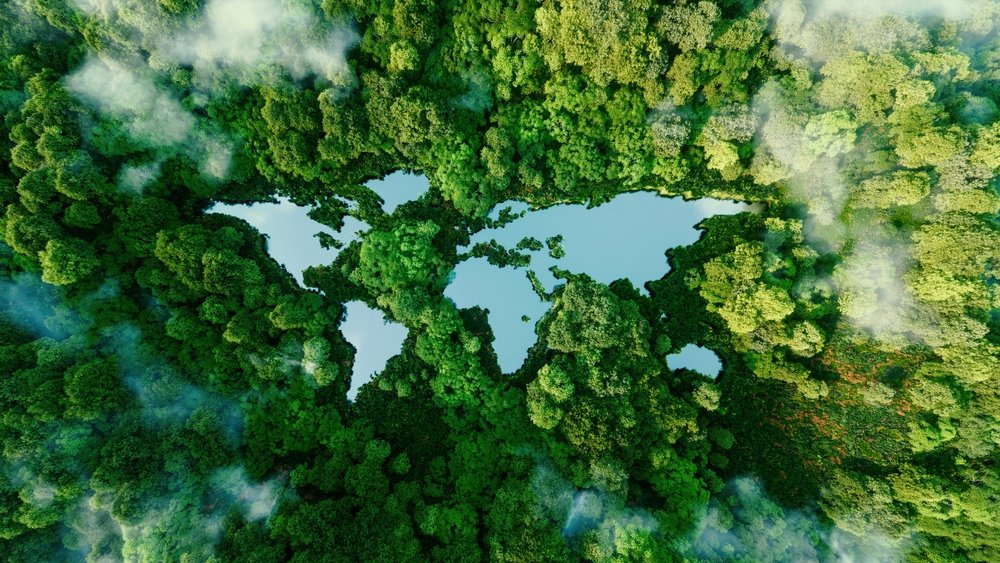India, one of the largest economies in the world, with constant and continuous rapid urbanization andeconomic development is a cause for celebration, but one tempered by a stream of of challenges suchrampant growth presents, mainly
- Rising consumption
- Demand for energy
- Rapidly rising greenhouse emissions, and
- Increasing constraints on critical natural resources; land, water and oil.
Collective action is the need of the hour and we believe the youth should be at the helm of the environmental justice movement. Building capacity through education curricula and workshops, we believe the leaders of tomorrow will form meaningful, local partnerships to drive environmental and societal change.
Through a combination of hands-on environmental education, practical lessons, field trips, and showcases, we aim to mold and create conscious young people enabling them to address ecological and social issues in order to create a more just, equitable world.

CII Tamilnadu Climate club
Climate club aims to bring together young people from various walks of life to impact positive communityaction and sustainable lifestyle choices. It is an intervention to facilitate a culture of environmentalengagement and responsible civic action for young people to engage with a targeted audience in order createan impact on their immediate environment. We intend to bridge the gap between the youth and theirenvironment through
- A Climate Club curriculum has been developed by the CII Tamilnadu Climate Action Panel for the specific purpose of Climate Club. A Handbook for Teachers on climate education is available for the training of teachers on specific modules related to climate change awareness and action.
- The Handbook has been curated by the CII Tamilnadu Climate Action team in collaboration with Swechha, an environment-focused NGO based in Delhi.
- A free copy of the handbook will be given to every school participating in Climate Club during the first teacher training workshop.
- The curriculum will enable young people to strike a connection with and between the natural world and the man-made world by equipping them with the necessary knowledge, skills and action needed to make this connection.
- The curriculum will capacitate school teachers from selected schools to execute the 6 month learning and leadership journey through an Educator’s Training Program ( 4 workshops in total).
These sessions engage students on issues of environment and citizenship, transacted using multiple learning tools including interactive games, film screenings, multimedia presentations, flash cardS, journals, reflective sessions, self and institutional audits, individual / team exercises etc.
These are guided exposure visits to some of the prominent ecological hotspots of your district, such as walk through the heritage water harvesting sites of Tamil Nadu, coastal walk etc. The learning walks are designed for young adolescents to witness first hand issues and concerns of the environment in their city. The focus is on sensitizing students with empirical evidence and sharing of lived experiences to motivate informed political action, strategically designed and enabled to affect larger impact. The learning walks in combination with the structured curriculum and interactive workshops foster a deeply engaging environment for the participants to affect and build value-based positive change that they would like to witness in their social, political and ecological spaces. Locations for these walks could be places such as bird sanctuary, wildlife sanctuary, Tamiraparani river walk, landfills in the district, corporation composting centre etc.
This action component shall facilitate creation of biodiverse green spaces within the schools through participation of students and educators. Within their school campus, students will create butterfly gardens, urban herb gardens, compost systems, water harvesting or green air-detox systems. The Climate-Club will also be responsible for maintaining these within the campus. While engaging your students in the creation, explaining the functions they serve and the need and techniques for maintenance, they’ll build an understanding of the environmental and ecological benefits of the same.
The aim is to create small student groups within the Climate Clubs across all the schools, whowill work at a school level, raising awareness on chosen environmental themes like waste management, air pollution, water conservation etc. and undertake activities towards adoption of pro-environment policies within their school campuses. Each of the student groups will also be encouraged to work on creating various communication and outreach materials through newsletters, school magazines and posters that can be distributed within the school body.
immediate environment.
Structured curriculum
Lorem ipsum dolor sit amet, consectetur adipiscing elit. Ut elit tellus, luctus nec ullamcorper mattis, pulvinar dapibus leo.
Eco-clubs
These are guided exposure visits to some of the prominent ecological hotspots of your district, such as walk through the heritage water harvesting sites of Tamil Nadu, coastal walk etc.
Classroom sessions
This action component shall facilitate creation of biodiverse green spaces within the schools through participation of students and educators.
Exposure trips
Lorem ipsum dolor sit amet, consectetur adipiscing elit. Ut elit tellus, luctus nec ullamcorper mattis, pulvinar dapibus leo.
Workshops
Lorem ipsum dolor sit amet, consectetur adipiscing elit. Ut elit tellus, luctus nec ullamcorper mattis, pulvinar dapibus leo.
Infrastructural Interventions
Lorem ipsum dolor sit amet, consectetur adipiscing elit. Ut elit tellus, luctus nec ullamcorper mattis, pulvinar dapibus leo.
Supported by
